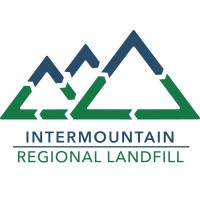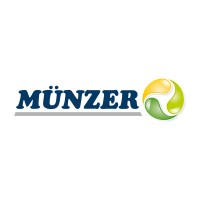
Intermountain Regional Landfill
Intermountain Regional Landfill (“IRL”) was established in 2011 to provide responsible and sustainable waste disposal services for residents in Salt Lake, Utah, and other neighboring counties. IRL’s primary objective is ensuring our facility provides safe, efficient, and responsible disposal of trash, construction debris, and other non-hazardous materials for our municipal, commercial, and residential customers. Our team is comprised of experienced industry professionals that know the value and importance of sharing their insights to continuously innovate and improve our operations. This has resulted in the development and operation of our state-of-the-art, modern, disposal facility. IRL’s commitment to innovative, responsible, and safe waste disposal has helped IRL become one of the largest landfills in the state.






